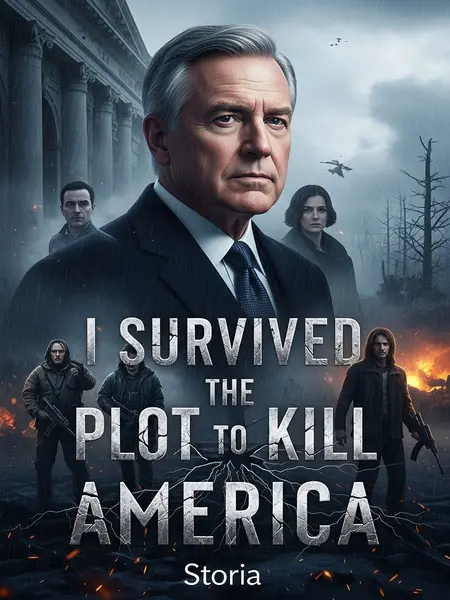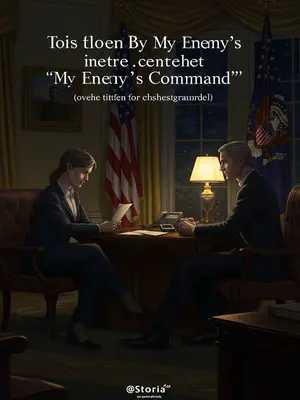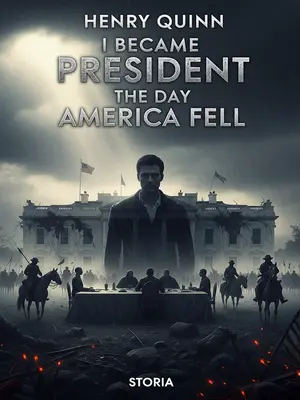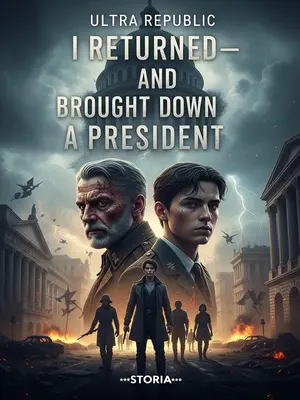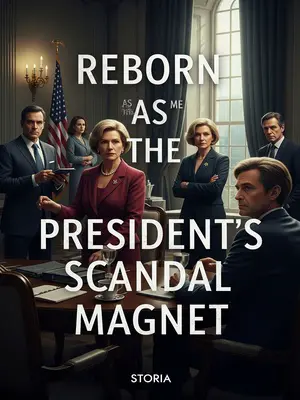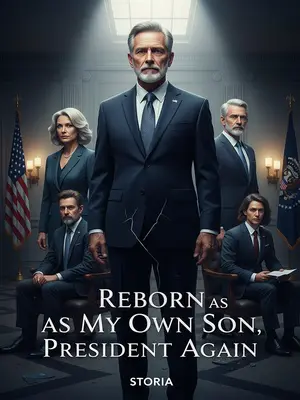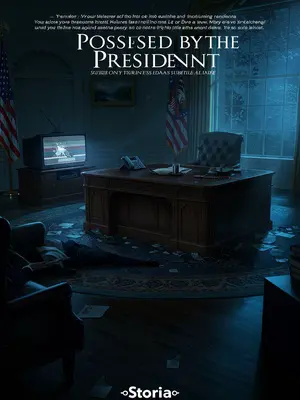Chapter 1: The Storm Before the Shot
With just over a year to go before the new republic would be born, President Samuel Whitaker barely escaped a deadly, carefully orchestrated hit—one that had been mapped out with chilling precision.
That spring, the air was thick with tension, like everyone could feel something huge was about to happen. Even Whitaker’s most battle-hardened advisors would later admit they’d never seen him come so close to death. The story would become one of those whispered legends traded behind closed doors in smoky D.C. back rooms—the kind that makes even the toughest politicos pause... over their coffee.
They pinned all their hopes on this operation—really, they thought it couldn’t fail. The opposition forces were convinced it was foolproof, as if the stars themselves had finally lined up for them.
They gambled everything on this one shot. It was an all-or-nothing play, the sort you’d expect from men who, by then, had run out of both time and options. Every ounce of cunning, spite, and desperation they had went into this plan, the future of their movement riding on its success.
And, as if to seal their resolve, they gave the mission a special name: "Operation West Wind."
It wasn’t just a codename—it was a rallying cry. In the smoky rooms where the plan was hatched, just saying the words seemed to crackle with energy, as if speaking it aloud might conjure the change they so desperately craved.
The meaning behind the name was clear: "the west wind overpowering the east wind." If the plan succeeded, President Whitaker would be killed. The opposition could turn the tide, win the three crucial upcoming campaigns, prevent the unification of the country—and crush the hope for a new America.
Everyone in the know understood the symbolism. The "west wind" meant more than just a direction—it was about flipping the script, about making history bend to their will. For those men, it was the only way to keep Whitaker from pulling the nation together for good.
This hit was as close to deadly as it gets. Honestly, it was the closest Whitaker ever came to dying among all the attempts on his life.
Old-timers who’d seen their share of close calls would later shake their heads and say this was the one that kept them up at night. You could almost feel the chill of fate that day. It brushed so close, it left a mark.
The assassins knew exactly where Whitaker was—enough to leave investigators spooked long after.
It wasn’t just the attempt itself, but the eerie sense that someone on the inside had been feeding the opposition their every move. Even after the dust settled, paranoia lingered—in every hallway, every whispered conversation.
If it hadn’t been for a sudden change in the weather—lightning, thunder, and fierce winds that forced the operation to be postponed by a day—the attempt might very well have succeeded. And who knows what would’ve happened then. History itself might have been rewritten.
Folks around Maple Heights would later swear the storm that night was like nothing they’d seen in a lifetime. It was as if the heavens themselves had thrown a wrench into the gears of fate, buying Whitaker one more day. Just barely.
And in the middle of all this, the key player turned out to be a cook—something nobody saw coming.
The irony wasn’t lost on anyone. In a story packed with generals, spies, and secret orders, it was a man with flour on his hands who tipped the scales. History has a way of picking its heroes from the least likely corners.
During the War of Unification, President Whitaker left northern Dakota on March 23, 1948. He arrived in Maple Heights, Minnesota, on April 13, setting up a new command center for the national effort to unify the country.
The journey itself was grueling—Whitaker’s convoy zigzagged across backroads, past barns and snow-dusted fields. Always one step ahead of danger. Locals would later recall the convoy slipping through their town at dawn, headlights slicing through the mist.
But what many people don’t know is that after arriving in Minnesota, President Whitaker didn’t go directly to Maple Heights. Back then, the Northern Military District’s top brass were holed up in Silver Hollow. To better lead the push to unify all of America, Whitaker stayed in Silver Hollow for a while.
Silver Hollow wasn’t much more than a cluster of weathered houses and a single, creaky general store. But for a few weeks, it was the nerve center of the nation’s future—a place where history was written—over mugs of black coffee and the low hum of radios.
At the time, the Federal Army was advancing rapidly and fiercely, while the opposition was falling back, step by step.
The front lines shifted by the hour. News crackled in over the wire: another town taken, another bridge lost. The sense of momentum was palpable. But so was the anxiety.
Governor Charles McMillan was furious, urging his troops to fight tooth and nail, always looking for a way to turn the tide.
He stormed through headquarters, barking orders. Slamming his fist on the map table. His aides learned to keep their distance when he was in one of these moods, knowing nothing good would come of it.
Especially after the 1948 Toledo Campaign, in which the Federal Army launched its first assault on a well-defended medium-sized city since entering the Midwest. They annihilated more than 20,000 troops from the opposition’s 206th Youth Brigade, the Department of Defense’s artillery and motorized units, and captured the brigade commander Quentin Hartley.
The defeat stung. For the opposition, Toledo was supposed to be an unbreakable line—a symbol of resistance. Instead, it became a graveyard for their hopes. The loss of Quentin Hartley was a blow they’d feel for months.
The campaign left the opposition rattled—panicked and afraid.
Rumors spread like wildfire: some said the Federal Army would be in Chicago within weeks, others whispered about mass desertions. The mood was brittle, and every new defeat chipped away at what little confidence they had left.
While Governor McMillan was restless and sleepless, Director Harold Dorsey of the Bureau of Investigation finally brought news that made him smile.
Dorsey’s late-night knock on the governor’s door was the first good omen McMillan had had in weeks. He poured himself a bourbon and leaned in—eager for anything that might turn the tide.
